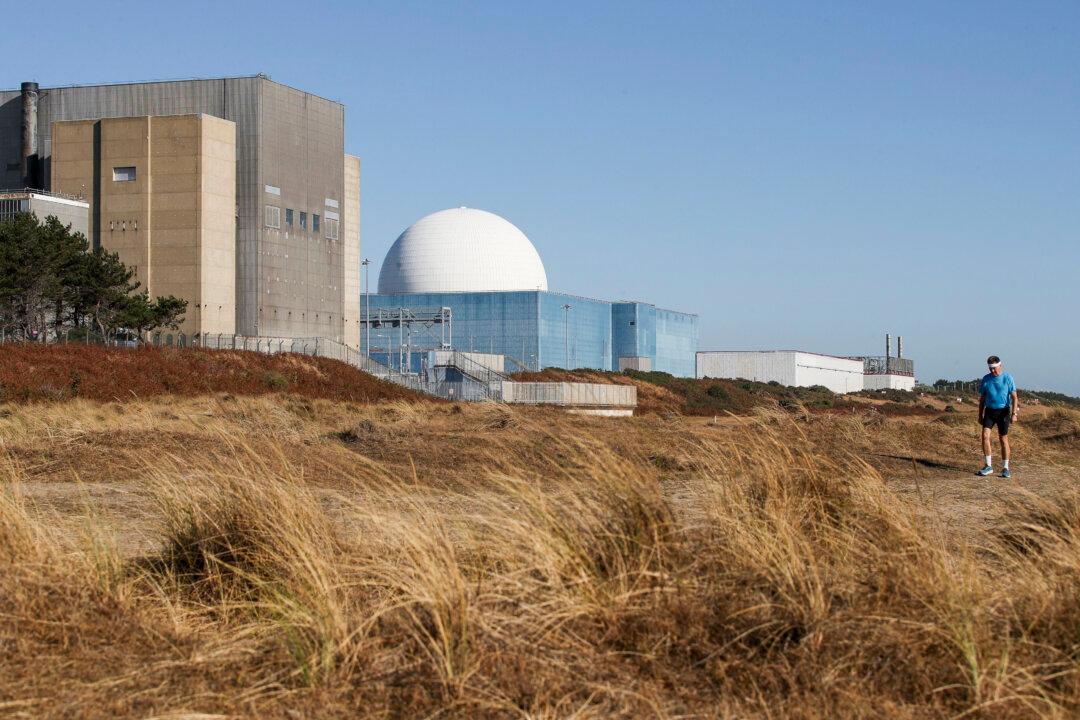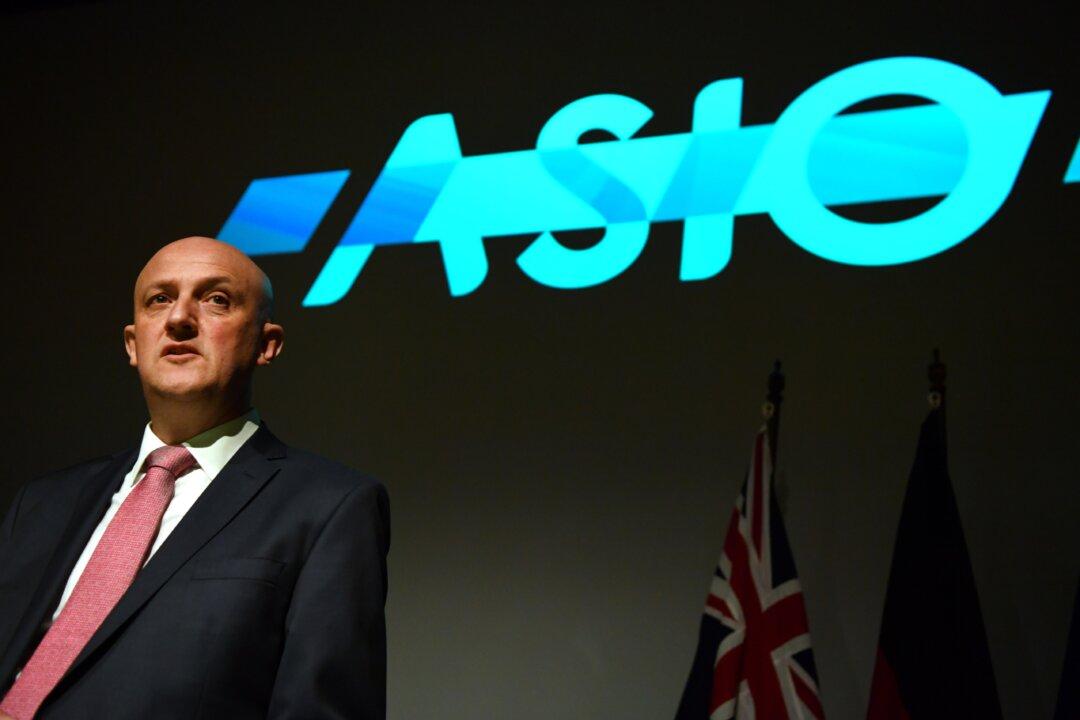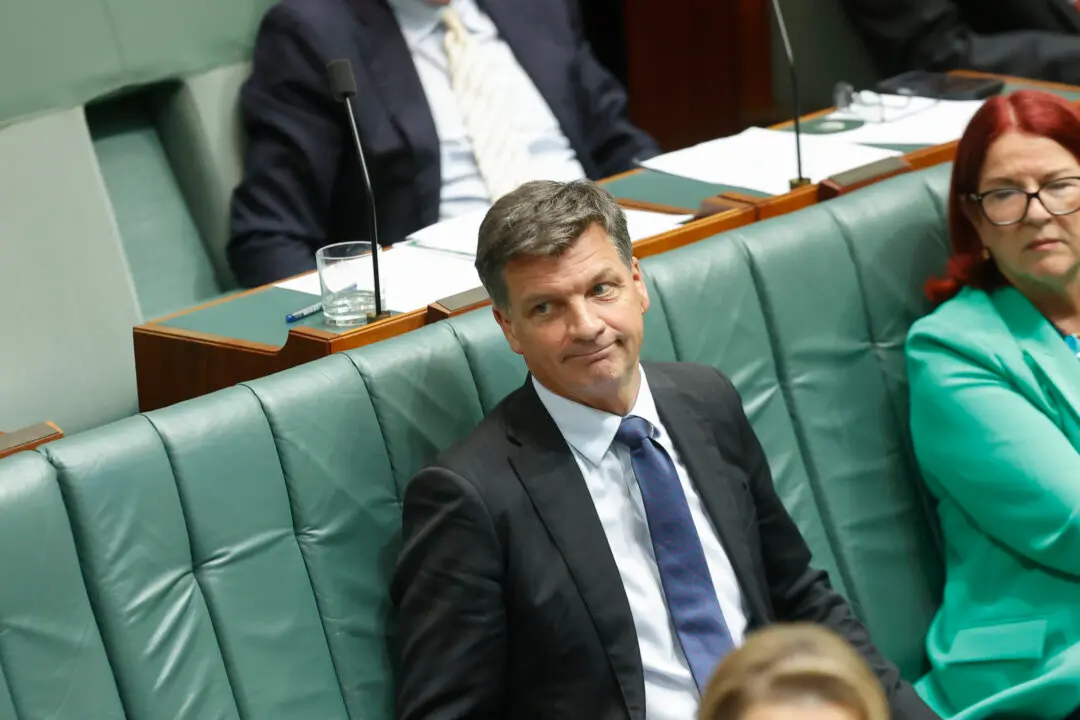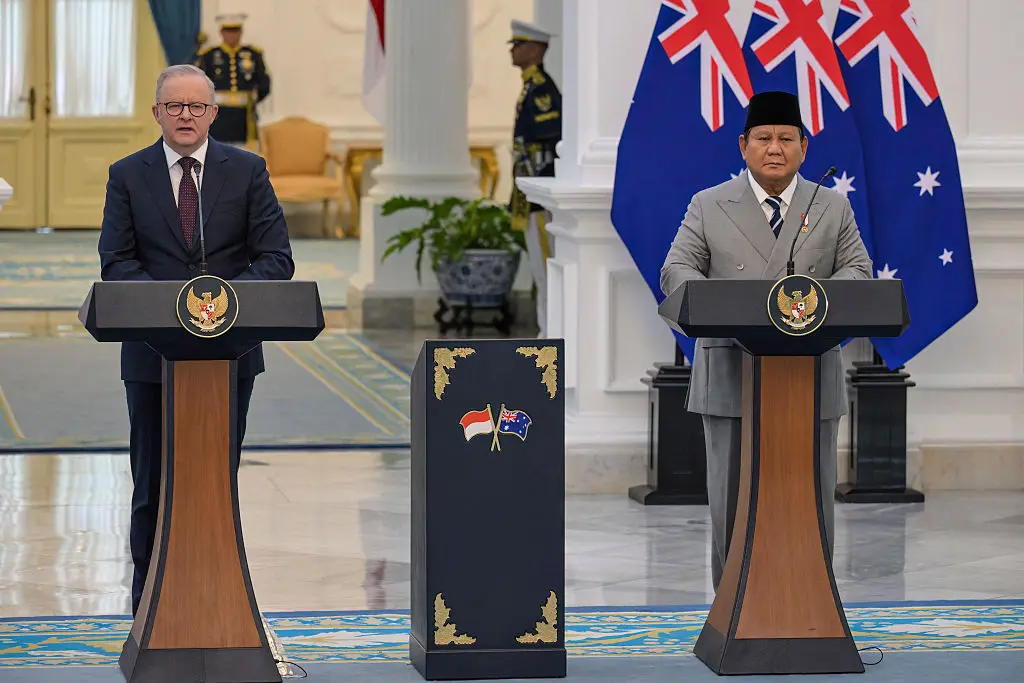The federal government’s decision against joining a pact with allies, including AUKUS partners, to accelerate the development of civilian nuclear energy remained a focal point in Parliament, dominating question time for the second consecutive day.
Leader of the Opposition Peter Dutton sought an explanation from Labor’s Acting Prime Minister Richard Marles on the reasons for Australia’s decision to skip the agreement.





